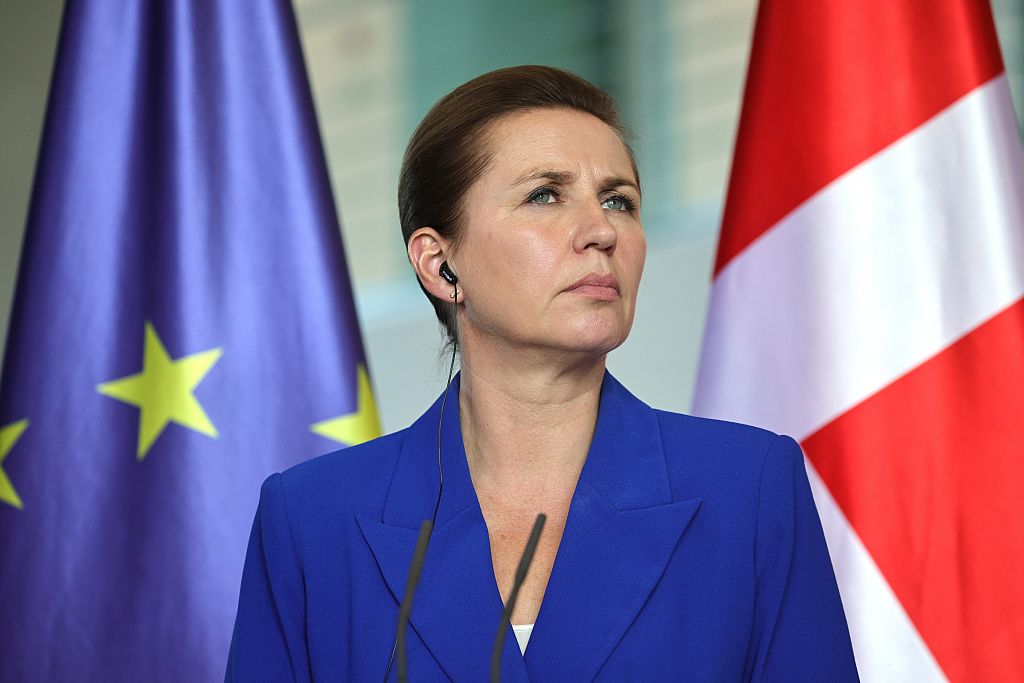The results of Portugal’s May 2025 snap election sent a shockwave through the nation’s political establishment. While the victory of Prime Minister Luís Montenegro’s centre-right Aliança Democrática (European People’s Party) was anticipated, the stunning surge of Chega (Patriots for Europe) into second place was not, and that was the shock. Securing the position of the official opposition by surpassing the Socialists (Socialists & Democrats) in parliamentary seats, Chega has shattered a fifty-year tradition of centrist dominance. This unprecedented outcome can be largely attributed to the contentious issue of immigration, which defined the election debate.
The Socialist Party found itself defending the open-border policies of its 2015 to 2024 tenure. This period saw Portugal transform from a nation with one of the European Union’s lowest immigrant populations to one of its highest. In response, one of the first acts of the new centre-right government has been to re-establish a border police unit, pledging to combat illegal immigration, enforce expulsion orders, restrict legal immigration pathways, and tighten naturalisation requirements. Rhetorically, at least, the centre-right appears to have heeded the electorate’s concerns. The critical question now is whether the Socialists can do the same and pivot from their open-borders stance.
The new Socialist leader, José Luís Carneiro, is a centrist who projects an image of moderation and a willingness to cooperate with the minority centre-right government, in stark contrast to the left-wing radicalism of his predecessor, Pedro Nuno Santos. However, Carneiro’s service as Interior Minister from 2022 to 2024, which coincided with the peak of uncontrolled mass migration, presents a significant obstacle to his electoral appeal in a climate so heavily focused on this very issue.
Despite the Socialists showing no immediate signs of a major policy reversal on immigration, there is no fundamental reason preventing a 180-degree turn. Such a shift would align them with the prevailing public sentiment and could restore the party’s political pre-eminence. The Portuguese Socialists have a history of such pragmatic reversals. The Socialist António Guterres (prime minister 1995-2001, current UN secretary-general) shifted from the left wing of the party to narrowly win elections in 1995 with a third-way, avant-la-lettre Blairist platform after ten years of centre-right technocratic dominance. Following the tenure of José Sócrates (Socialist prime minister 2005-2011), whose debt-fuelled spending during the great financial crisis and subsequent European sovereign debt crisis pushed Portugal to the brink of bankruptcy and necessitated a harsh IMF bailout (2011-2014), the party executed a remarkable pivot. Under the pragmatic leadership of António Costa (prime minister 2015-2022, and current president of the European Council), the Socialists transformed into champions of fiscal responsibility, delivering budgetary surpluses and significantly reducing the public debt-to-GDP ratio.
A move towards a controlled immigration paradigm is ideologically feasible for the Left. A strong case can be made for protecting local workers and communities, particularly amidst a severe affordable housing crisis and strained social infrastructure, including hospitals and day care. The Portuguese Socialists could draw inspiration from their Danish counterparts or the recent rhetoric of Keir Starmer, the Labour Prime Minister of the United Kingdom. Just as the Portuguese Socialists became the unlikely proponents of free-market capitalism in 1995, and the standard-bearers of fiscal conservatism in 2015, leading to decisive electoral victories, they could, if they choose, become the new guardians of the border.
Will they listen to the electorate, or will they double down on their open-borders policy? The answer may well determine the Socialist Party’s relevance in the years to come. In a political landscape where the central debate is framed by controlled immigration (the centre-right’s position, supported by big business) and restricted immigration or even “remigration” (Chega’s will pressure the government from the right-wing), the Socialists risk being left out of the conversation entirely. The ultimate test for José Luís Carneiro will be whether he can emulate Costa’s pragmatism and steer the ship 180 degrees to become Portugal’s new border czar.





Hold on tight: Portuguese politics is moving fast-forward